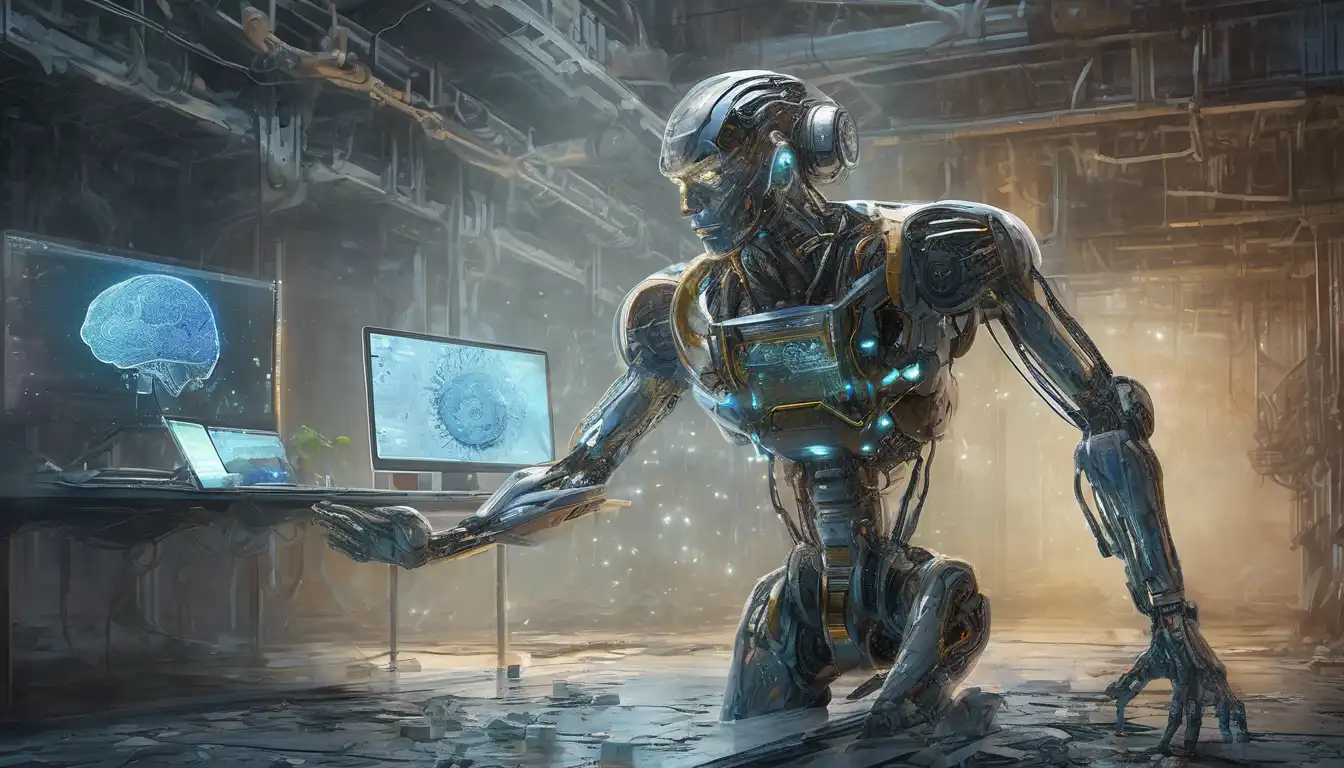Introduction to Artificial Intelligence
Artificial Intelligence (AI) has become a cornerstone of modern technology, influencing everything from how we shop to how we work. Despite its widespread application, there are numerous myths surrounding AI that obscure its true potential and limitations. This article aims to separate fact from fiction, providing a clear-eyed view of what AI can and cannot do.
Myth 1: AI Can Think and Feel Like Humans
One of the most pervasive myths is that AI possesses consciousness or emotions akin to humans. In reality, AI operates based on algorithms and data inputs. It can simulate aspects of human thought processes but lacks self-awareness or genuine emotional responses. For more insights into how AI works, explore our guide on AI mechanisms.
Myth 2: AI Will Replace All Human Jobs
While AI is transforming the job market, the notion that it will render human labor obsolete is exaggerated. AI excels at automating repetitive tasks but struggles with jobs requiring creativity, emotional intelligence, and complex decision-making. The future likely holds a collaborative relationship between humans and AI, not a replacement.
Myth 3: AI Is Infallible
AI systems are only as good as the data they're trained on. Biases in data can lead to skewed outcomes, and without human oversight, AI can make significant errors. Understanding the limitations of AI is crucial for its ethical and effective use.
Reality: AI Is a Tool, Not a Magic Solution
AI offers incredible opportunities for innovation and efficiency but is not a panacea. Its success depends on thoughtful implementation, continuous learning, and human collaboration. By demystifying AI, we can better harness its potential while navigating its challenges.
Key Takeaways
- AI lacks consciousness and emotions, operating purely on data and algorithms.
- AI will augment rather than replace human jobs, emphasizing the importance of skills that AI cannot replicate.
- The effectiveness of AI is contingent on the quality of data and human oversight.
- Understanding AI's capabilities and limitations is essential for leveraging its benefits responsibly.
As we continue to explore the frontiers of AI, staying informed and critical will help us make the most of this transformative technology. For further reading, check out our article on the future of AI.
